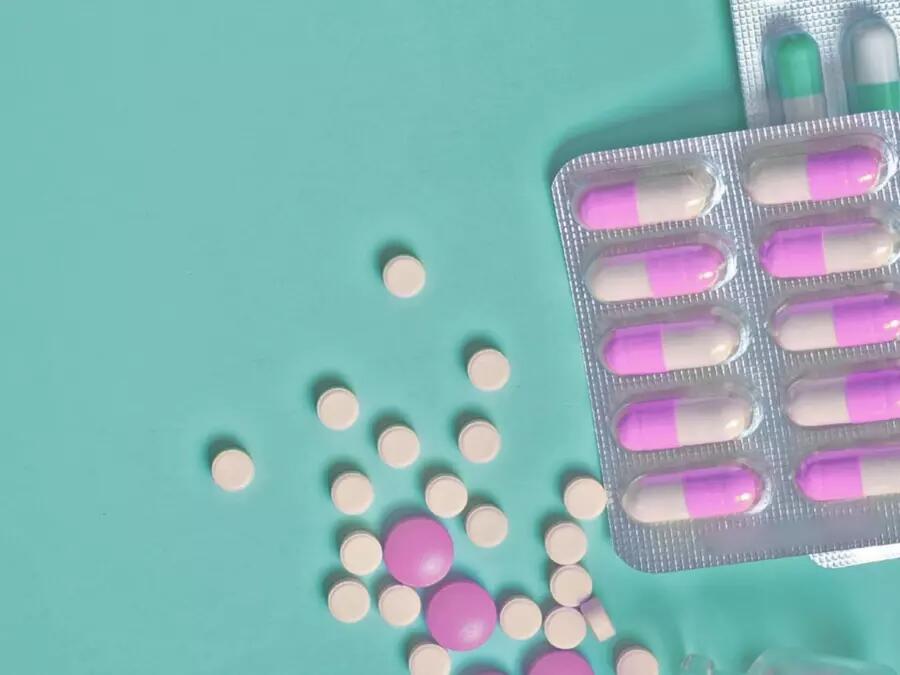
A Prescription for Health: Assessing and Managing Corruption Risks in Public Health System Organizations
Executive Summary
Corruption poses a significant threat to public health, reducing the effectiveness, quality and availability of health services while inflating their costs. It deprives communities of vital health services, essential products and critical resources, and undermines the right of individuals to adequate and accessible health care.
There are several factors that make health systems particularly prone to corruption at all levels. Health systems are technically complex, involve multiple actors with often conflicting interests, and often entail information asymmetries between stakeholders. Governments typically allocate significant resources to support public health systems, making them vulnerable to embezzlement and other forms of corruption. The vast resources involved in the health-care system can also make it vulnerable to state capture, for example wherein pharmaceutical companies may use their considerable resources to influence national drug policy in their favour.
Corruption within health systems further exacerbates the already-significant difficulties in accessing vital health resources for the most vulnerable and marginalized populations. The nature of health services, where treatment can often be a matter of death and life, can result in vulnerable patients being left with no other option but to pay bribes to access vital services or to avoid long wait times. This, coupled with insufficient transparency, inadequate normative and institutional frameworks, and a low risk of detection of corrupt practices, can further increase the prevalence of corruption risks in public health systems.
The Coronavirus Disease (COVID-19) pandemic has amplified existing corruption risks within health systems worldwide. In times of crisis, standard procurement processes may be suspended indefinitely in an effort to procure essential health products quickly. When standard procedures are bypassed, this can increase the risk of corruption, enabling unqualified suppliers to be chosen who then deliver substandard products, or no product at all. Such actions misuse public funds and damage health outcomes, and can result in health-care providers colluding to set higher prices or to artificially restrict the supply of vital drugs or services. Strong anti-corruption measures will help safeguard crisis response and recovery efforts, and ensure that measures aimed at enhancing health and well-being for all have a significant impact.
This paper seeks to both assist national authorities and managers within public health institutions with the vital task of identifying and managing corruption risks, and to increase awareness and promote discussion of corruption risks within health systems. It also aims to sensitize authorities within public health systems, anti-corruption agencies, students in health professions, and those that provide oversight for government activities such as watchdogs, industry stakeholders, and the media, among others, to the real and palpable threat that corruption poses to the effectiveness of public health systems and equitable access to the services provided.